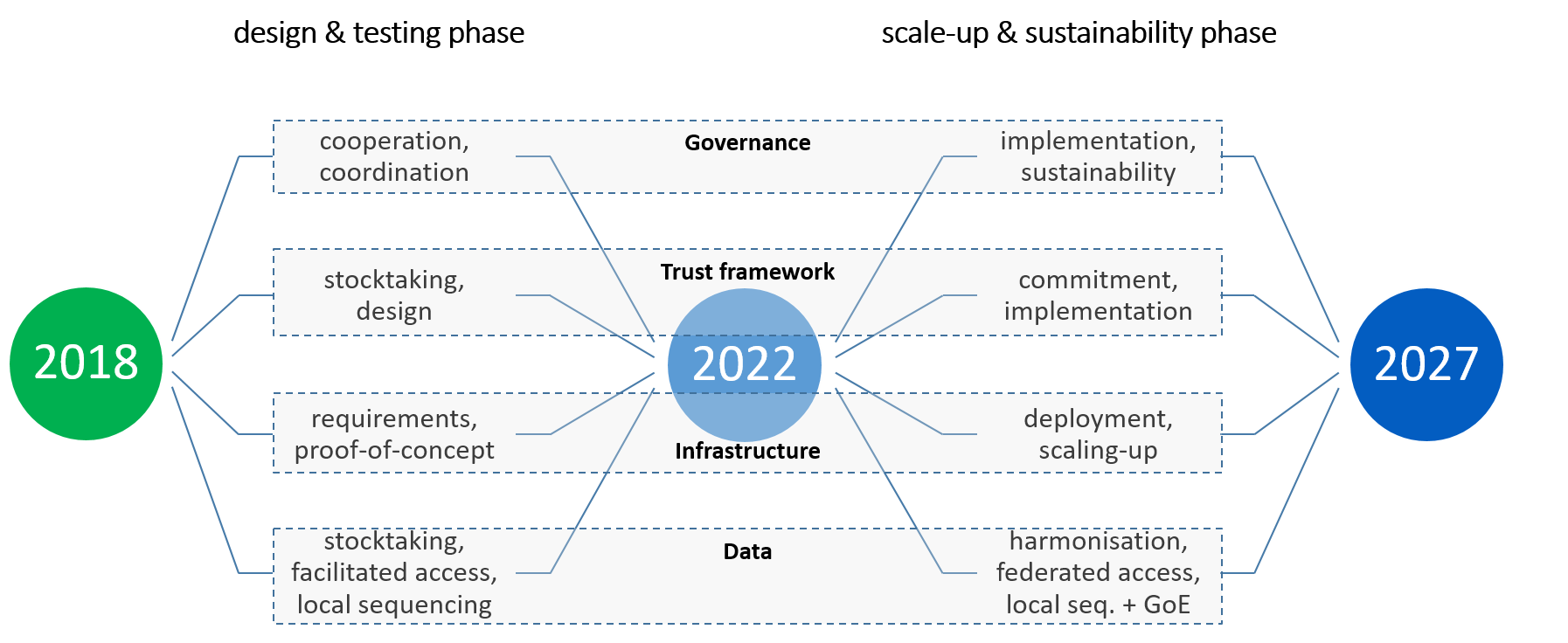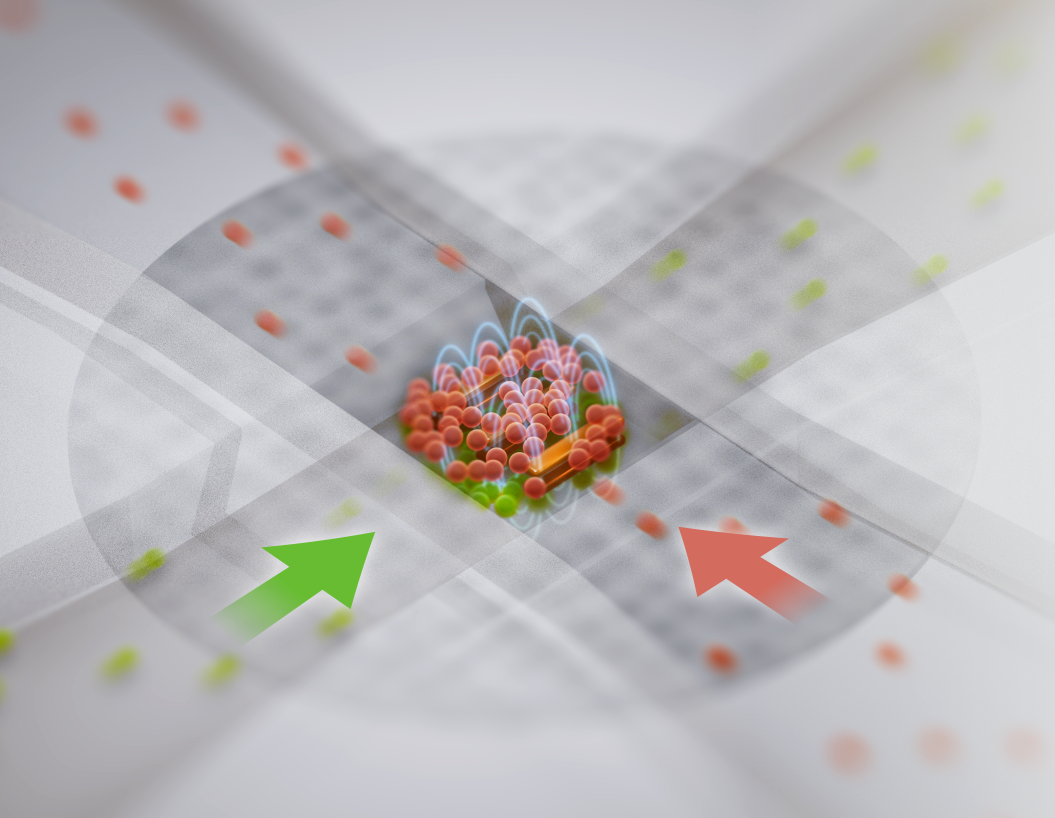Each US state adopts distinct identity verification methods. The US Social Security Administration is responsible for issuing IDs and printing them on small cards made of high-strength paper. Like other documents, these identification papers may be lost, stolen, or used for identity fraud. In case the ID was lost or stolen, a new one can be issued, but it is a challenging process since it requires a long series of verification procedures considered a waste of time.
The homeless are more vulnerable to losing important documents as they lack a safe place to preserve them and are forced to repeat the process of applying for new documents despite the difficulties of not having a permanent residence. MyPass was launched in Austin and is considered a public-private partnership offering medical emergency services in Travis County and the University of Texas. This initiative aims at using blockchain to develop a system to identify the identity of the homeless by improving access to identification documents and public services.
MyPass maintains information about individuals, including social security number, criminal record, and medical history. Family accounts are divided into two categories: the first contains disclosable data and the second involves personal information. This process adopts an Ethereum blockchain-based platform. The city is working with a variety of partners to develop a digital technology that performs the tasks of the notary. This idea was inspired by programs implemented in refugee camps, such as the World Food Program's Building Blocks in Jordan. If someone wishes to apply for a digital ID, they must scan the information first and upload it to a special e-platform where an online notary will verify and validate this information. The information is then saved in a digital locker and the metadata is appended to the blockchain. The ID can be verified and linked to an email address or mobile phone number. Once the individual performs any operation to benefit from the services, this process is recorded by an independent ledger using blockchain to be validated by the approved individuals and entities.
As the project is still in the pilot phase, it is currently facing some challenges in officially launching the basic system. These challenges are caused by several reasons, including how hard it is to visualize the concept of blockchain because there is no agreed-upon definition for this technology due to the lack of governmental regulations. These issues are exacerbated by account verification procedures in case of a forgotten password or modified access credentials, such as email address. However, in a serious step to proceed with the project's implementation, the city hosted a hackathon to address the challenges in developing MyPass.
This service will generate major benefits upon its launch. For example, large sums of money will be saved by avoiding the duplication of efforts, and thousands of homeless people in Austin will have access to this service. A range of services is expected to be included within the MyPass Initiative in Austin, including housing services, mental health services, and medical prescriptions.






